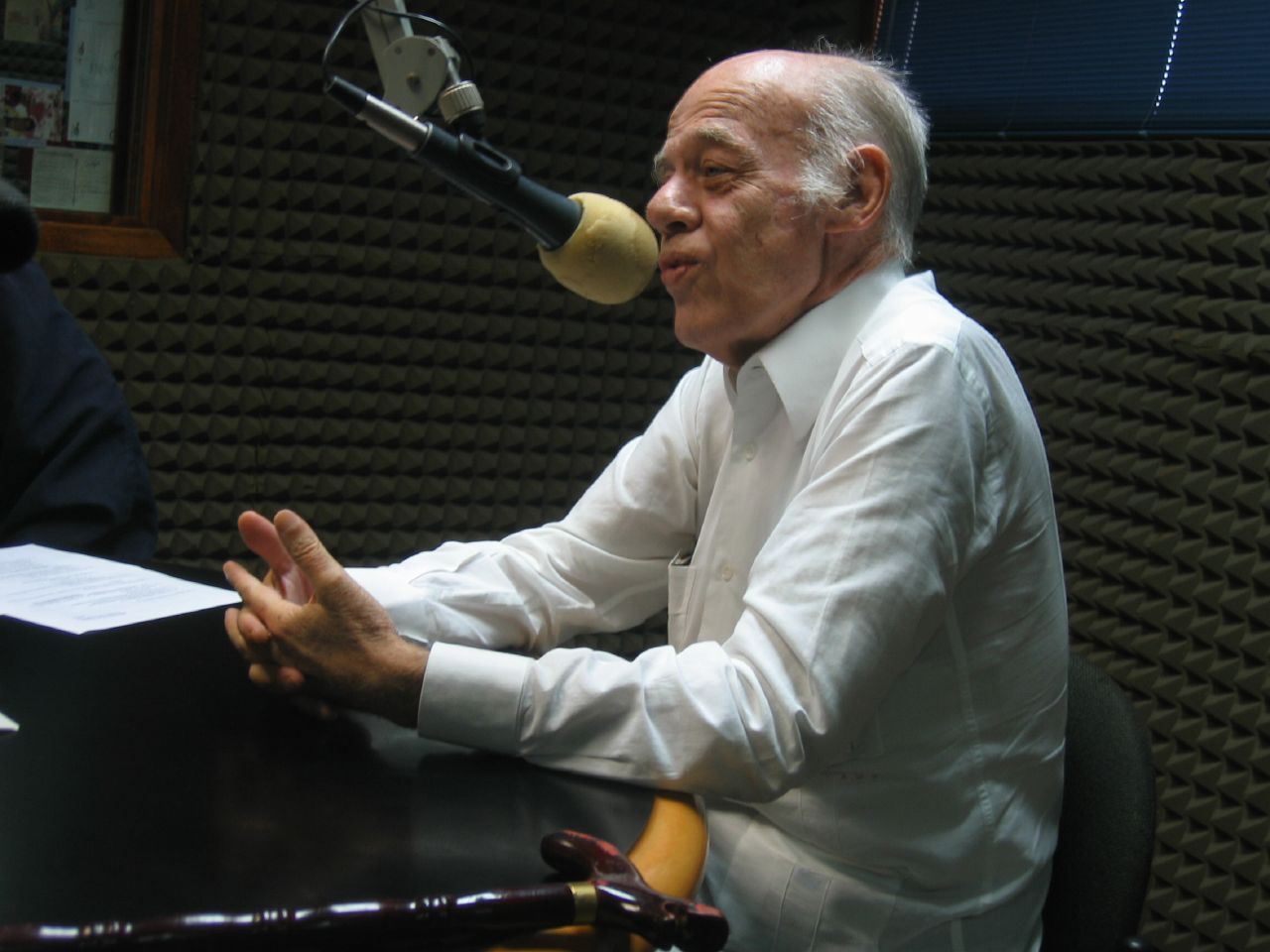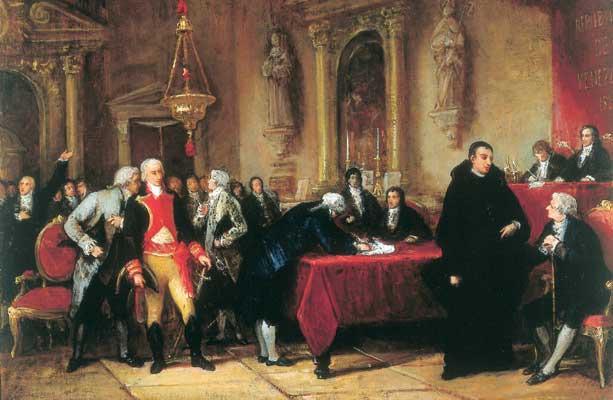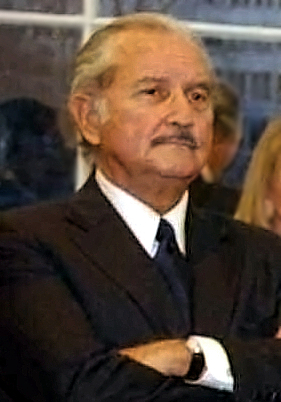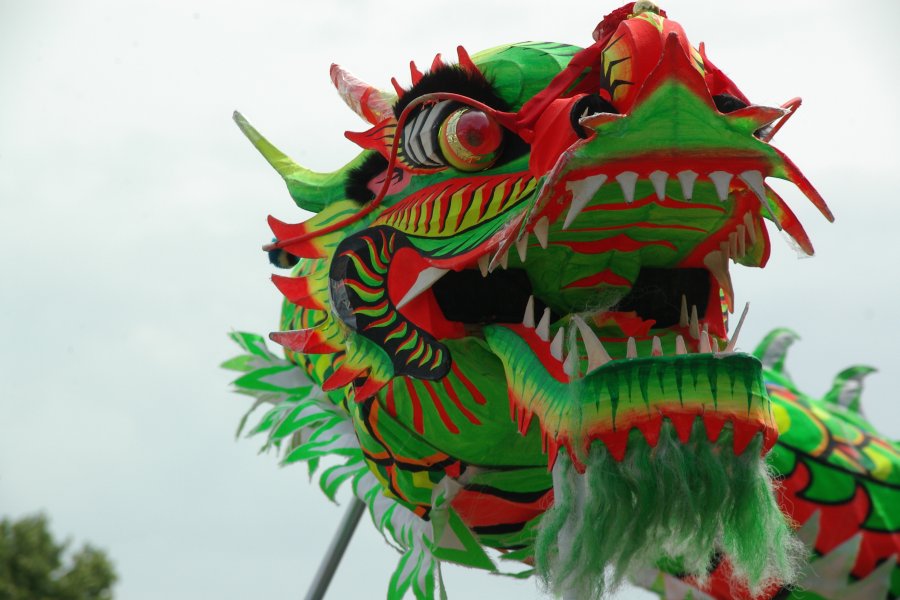I remember when I was a child going through the Soviet press - yes, I was a nerd - and trying to make sense of what was going on with Chernenko, the 5th Secretary of the Communist Party. That was between 1984 and early 85. There was almost nothing in those Pravdas and Izvestia that explicitly referred to Chernenko's health, but one could read between the lines, infer and above all combine that information from the rumours that went along. What I took was that the Siberian, who had taken over the USSR's leadership after Andropov's very short time in office, was himself in very bad shape. And indeed he was to rule the world's largest country for just about a year before dying. At the end I was like: why did they have to keep the whole show like this? But that was the way they did it.
The Bolivarian press very often sounds like the Soviet one, although it is much more agressive and frequently rather more vulgar when it comes to insulting the others. It also has the same level of transparency the Soviet press had. And that is the way it is behaving with Chávez's health.
Adan Chávez, the governor of Barinas and the president's eldest brother, just
declared the president is "recovering in a satisfactory manner". The Bolivarian press said "in this way, the regional governor and brother of the President of the Bolivarian Republic of Venezuela, Hugo Chávez Frías, confronted the intended (sic) and evil speculations that some publish in different media outlets about the head of state's health".
Venezuelan bloggers, like anyone else in Little Venice, have been wondering about what's going on. You can read Daniel's view
here, Miguel's take
here and Juan's brief reference about this soap opera
here.
The situation is definitely not normal. Chávez has been outside the country for a much longer period of time than allowed according to the constitution without getting the National Assembly's approval. Vice-president Jaua should have taken the presidency for quite some time now because that is what the constitution says. He hasn't done that, which is a shameless violation of the rule of law -just another shameless violation in a million-.
I more or less agree with Daniel Duquenal's bet. Chávez must be very sick but it is not fatal. He still needs to remain in Cuba, as he does not trust Venezuela's health system for several reasons. Chávez will come sooner than later and his honchos will organise some big event. They will talk about how the opposition could not get rid of him. The most likely scenario is that he will come back with a little bit more energy than in the last few months - which is not hard, he was in very bad shape-, perhaps with some drugs that can keep him functioning a little bit better.
If he were to become too ill again to fully carry out a presidential campaign - something I doubt-, he will use, as Daniel said, a puppet to be presidente interino until election time while Chávez focuses on the campaign. Another possibility - worst case scenario for Chávez - would be that he remains in such a bad shape still in 2012 that he is forced to look for a puppet not for now but for the actual presidential term of 2012 onwards, just like Juan Vicente Gómez did on a couple of occassions over 70 years ago. That is much less likely.
One possibility for that extreme puppet role would be one of his daughters,
Infanta María Gabriela, with whom he has been traveling quite a lot in the last year. Another could be Jaua himself, who would be also the first choice for this term. I don't believe Diosdado would do as he is hated even among large chunks of the Chávez fans' club.
In any case: Chávez's return, whenever it happens, will be orchestrated as if this were a victory for "Bolvarian Socialism" against the evil opposition, lakeys of the Empire.
Paraphrasing Remarque: nothing new in the Southern Front.





























